The Beaver Believers (2018)
Five scientists and a hairdresser, tackling climate change, one stick at a time.
Five scientists and a hairdresser, tackling climate change, one stick at a time.
"Losing The West" is a documentary film that promotes small ranching and farming, as told through the eyes of a 70-year-old Native American cowboy. The film was shot primarily in Colorado. The director was born in Denver and owns a small ranch near Ridgway, Colorado.
What if you got the chance to build a new society from scratch, what would it look like? Located more than 200 km above the polar circle, the Swedish mining town Kiruna is built on the world's largest and most modern iron ore mining tunnel, which created a significant income for the Swedish government. However, due to the mining the city has started to collapse and in order to save the industry, the city council together with the mining company LKAB have decided to move the town and its citizens 3 kilometres to the east. In doing so, the town has turned a potential disaster into a great opportunity. The new Kiruna will be an even more progressive, even better society for the future. But is it even possible to plan an ideal world?
Three decades on from the disaster, Chernobyl shows signs of life again.
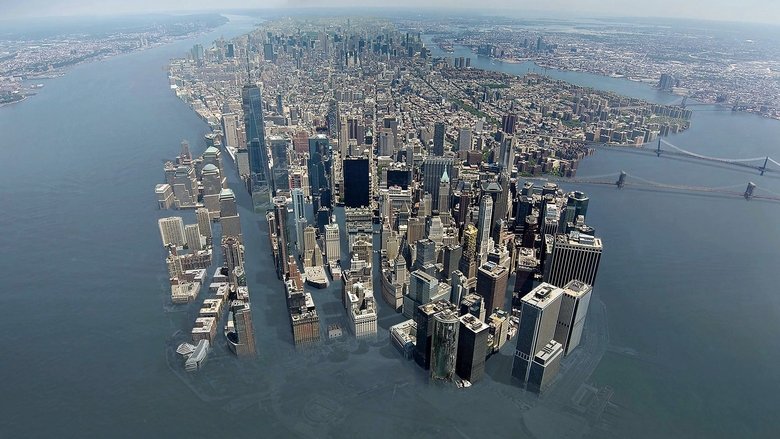
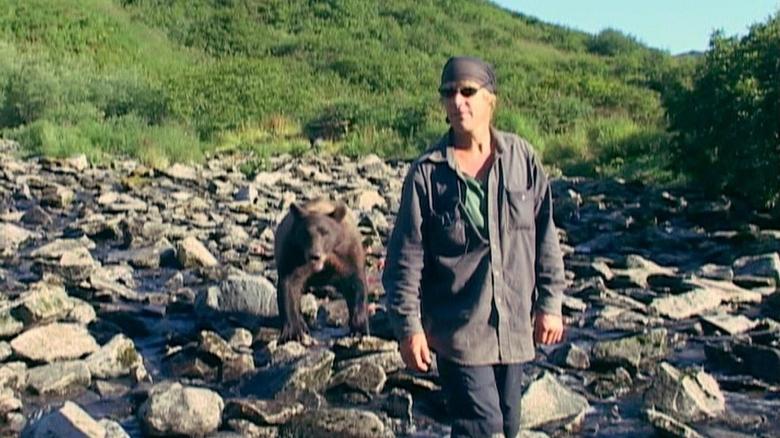
Werner Herzog's documentary film about the "Grizzly Man" Timothy Treadwell and what the thirteen summers in a National Park in Alaska were like in one man's attempt to protect the grizzly bears. The film is full of unique images and a look into the spirit of a man who sacrificed himself for nature.
The largest man-made disaster of the 20th century, now largely lost to history. A journey through the early history of Los Angeles and the city's water needs. Ever-growing demand led to larger and larger projects, and eventually to tragedy. The history of the tragedy, the role of William Mulholland in the disaster and the city's water development, and how the lessons of the tragedy reflect on our current infrastructure needs today.
As the impact of the climate crisis intensifies each year, both Steven Fuller and Yellowstone face an unprecedented threat to their future — one that could forever change one of North America's last great wildernesses.
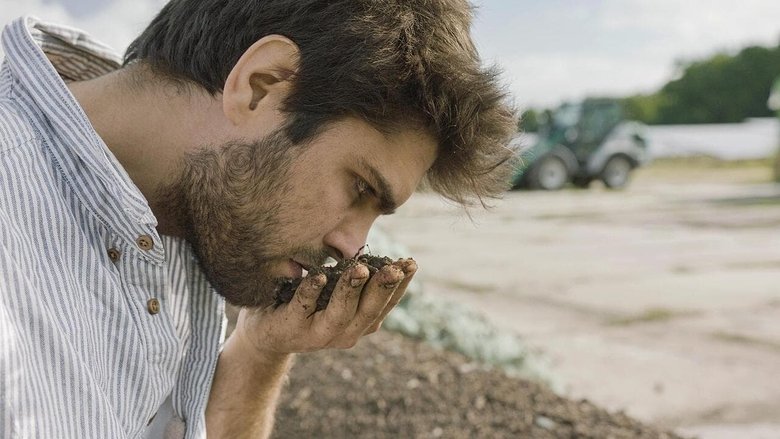
What happens to the food we digest after it leaves our body? Is it waste that is thrown away or a resource that can be reused? In search of answers, director Rubén Abruña embarks on an investigative and entertaining search through 16 cities on four continents. He follows the trail of feces from the long sewers of Paris to a huge sewage treatment plant in Chicago.
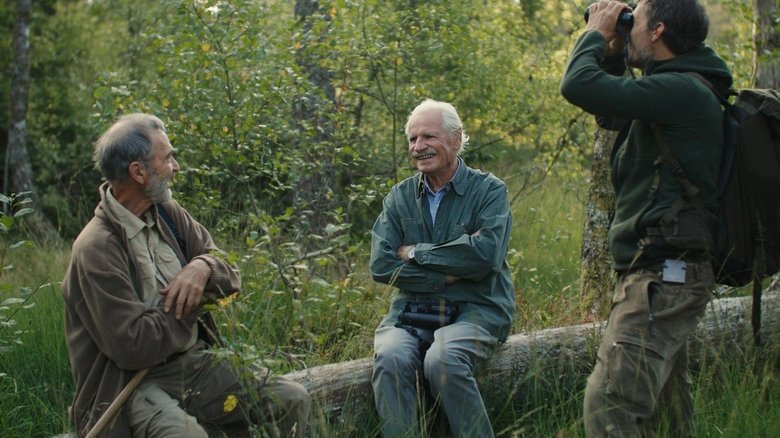
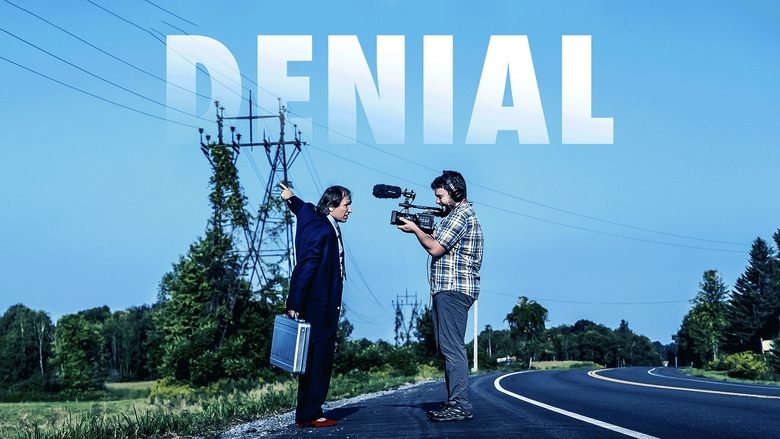
Every day our changing climate pushes us closer to an environmental catastrophe, but for most the problem is easy to ignore. David Hallquist, a Vermont utility executive, has made it his mission to take on one of the largest contributors of this global crisis-our electric grid. But when his son Derek tries to tell his father's story, the film is soon derailed by a staggering family secret, one that forces Derek and David to turn their attention toward a much more personal struggle, one that can no longer be ignored. - Written by Aaron Woolf
Tar Creek is an environmentally devastated area in northeastern Oklahoma with acidic creeks, stratospheric lead poisoning and enormous sinkholes. Nearly 30 years after being designated as a Superfund cleanup program, residents are still struggling.
Following the historically smoggy Polish winter of 2016/2017, a Warsaw father of an asthmatic son searches for answers about why air pollution continues to be a major problem in Poland - and why solving the problem is easier said than done.
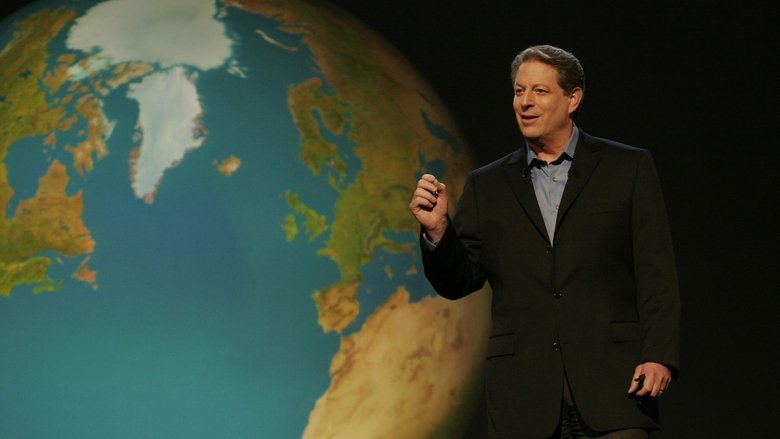
A documentary on Al Gore's campaign to make the issue of global warming a recognized problem worldwide.
An expedition decided to observe the life of the beavers - nature's engineer - in the woods of the Rocky Mountains: for the first time a beaver family was filmed in its den during the course of the season.
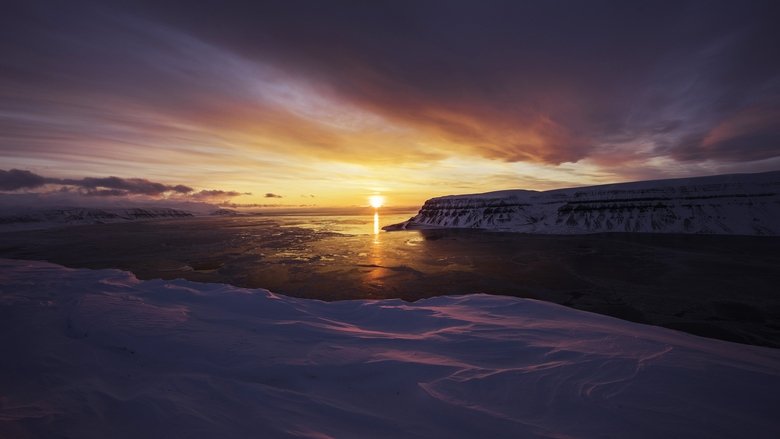
An eye-opening documentary that asks the question: Are we going to let climate change destroy civilization, or will we act on technologies that can reverse it? Featuring never-before-seen solutions on the many ways we can reduce carbon in the atmosphere thus paving the way for temperatures to go down, saving civilization.
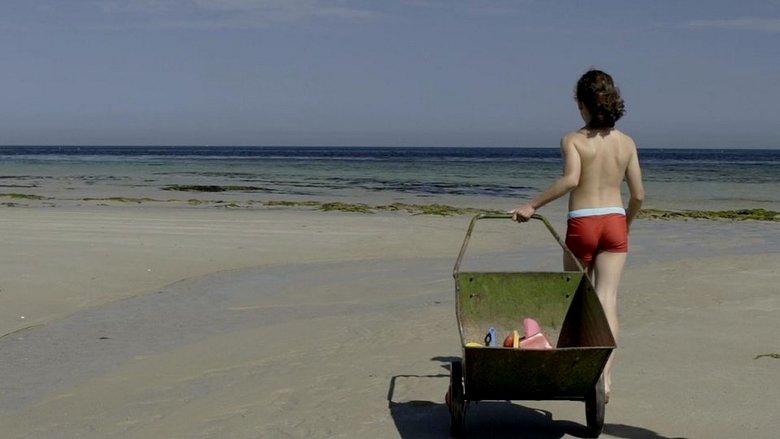
An account of the last two centuries of the Anthropocene, the Age of Man. How human beings have progressed so much in such a short time through war and the selfish interests of a few, belligerent politicians and captains of industry, damaging the welfare of the majority of mankind, impoverishing the weakest, greedily devouring the limited resources of the Earth.
In the same vein as Meri's other documentations, this one takes advantage of the glasnost policy to discuss the social and ecologic impact of the Russian oil industry on the natives and the lands they inhabit.
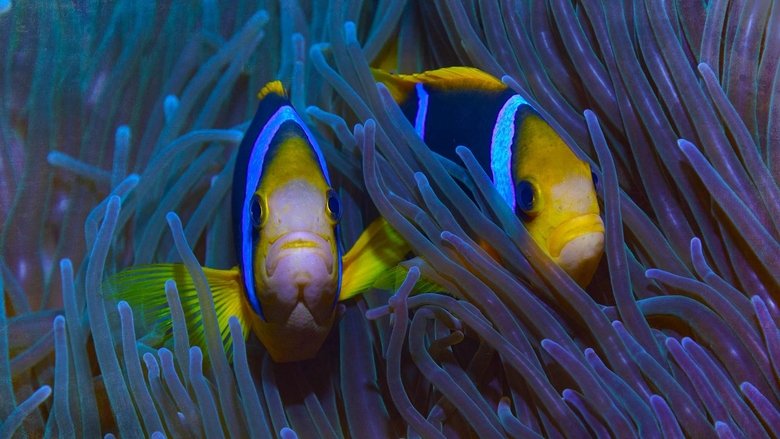
The documentary follows leaders and community members from the tropical Pacific island nation who are making bold changes to move the needle on marine protection. With a population of under 2,000 people and a marine reserve covering 40% of its waters, Niue has demonstrated the ways in which traditional knowledge and contemporary science can live in harmony for the benefit of people and the planet.
Examines the global fisheries crisis and the forces pushing many marine fish stocks toward commercial extinction. Documents some promising and innovative efforts to restore fisheries and protect essential fish habitat. Examines new market initiatives giving consumers a powerful vote in deciding how our oceans are fished. Commentary is provided by fishermen and by many of the world's most respected marine and fisheries scientists.